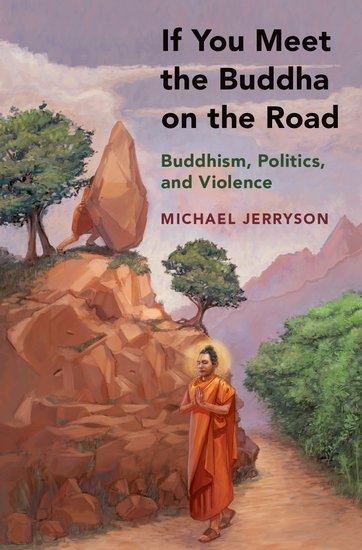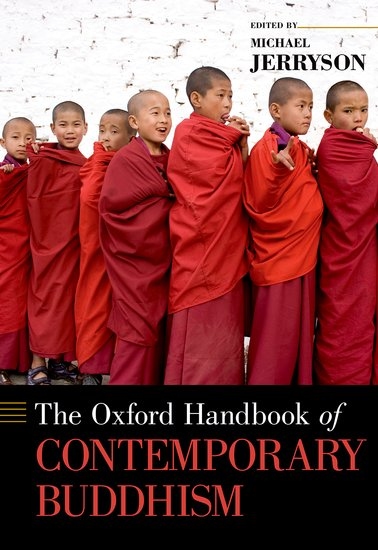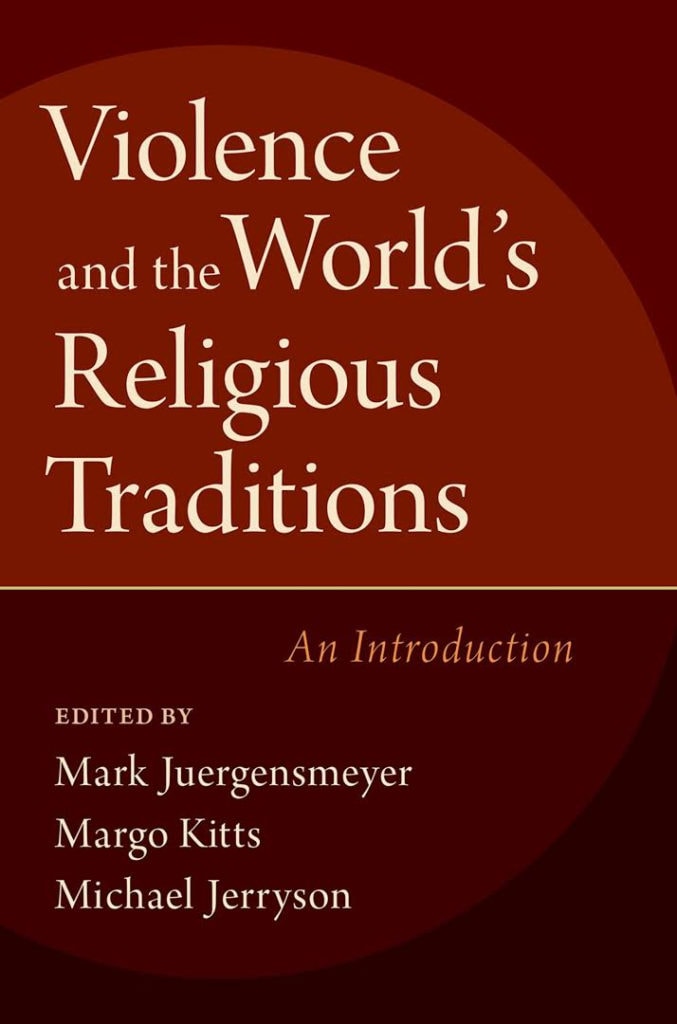If You Meet the Buddha on the Road
Buddhism, Politics, and Violence
About
If You Meet the Buddha on the Road addresses one important absence in the study of religion and violence: the religious treatment of violence.
In order to pursue an understanding of the relationship between Buddhism and violence, it is important to first explore how Buddhist scriptures and followers understand violence.
Drawing on Buddhist treatments of violence, Michael Jerryson explores the ways in which Buddhists invoke, support, or justify war, conflict, state violence, and gender discrimination.
In addition, the book examines the ways in which Buddhists address violence as military chaplains, cope with violence in a conflict zone, and serve as witnesses of blasphemy to Buddhist doctrine and Buddha images.
About
As an incredibly diverse religious system, Buddhism is constantly changing. The Oxford Handbook of Contemporary Buddhism offers a comprehensive collection of work by leading scholars in the field that tracks these changes up to the present day.
Taken together, the book provides a blueprint to understanding Buddhism’s past and uses it to explore the ways in which Buddhism has transformed in the twentieth and twenty-first centuries. The volume contains 41 essays, divided into two sections.
The essays in the first section examine the historical development of Buddhist traditions throughout the world. These chapters cover familiar settings like India, Japan, and Tibet as well as the less well-known countries of Vietnam, Bhutan, and the regions of Latin America, Africa, and Oceania.
Focusing on changes within countries and transnationally, this section also contains chapters that focus explicitly on globalization, such as Buddhist international organizations and diasporic communities.
The second section tracks the relationship between Buddhist traditions and particular themes. These chapters review Buddhist interactions with contemporary topics such as violence and peacebuilding, and ecology, as well as Buddhist influences in areas such as medicine and science.
Violence and the World's Religious Traditions
About
Is religion inherently predisposed to violence? Or has religion been taken hostage by a politics of aggression? The years since the end of the Cold War have shown a noticeable shift in patterns of religious extremism, accentuating the uncomfortable, complex, and oft-misunderstood relationship between religion and violence.
The essays in this succinct new volume examine that relationship by offering a well-rounded look at violence as it appears in the world’s most prominent religious traditions, exploring Hindu, Buddhist, Chinese, Sikh, Jewish, Christian, Islamic, African, and Pacific Island texts and practices.
The essays in Violence and the World’s Religious Traditions explore the ways in which specific religions have justified acts of destruction, in history, in scripture, and in the contemporary world. But the collection also offers an investigation of religious symbols and practices, shedding new light on the very nature of religion and confronting the question of how deeply intertwined are violence and faith.


